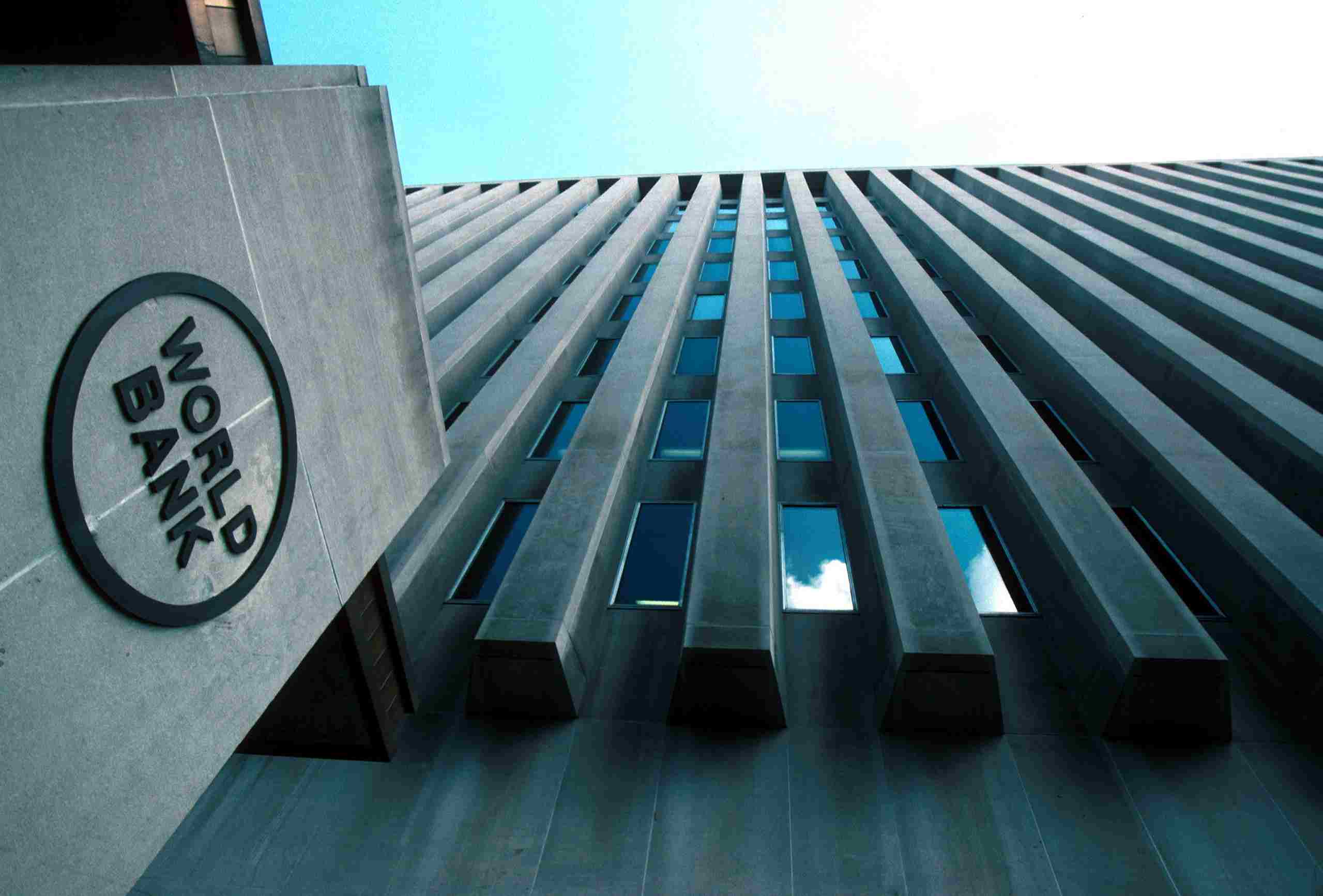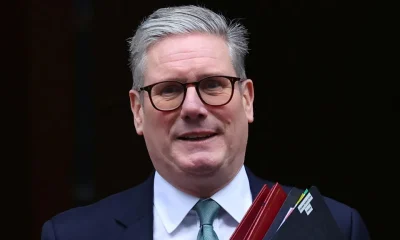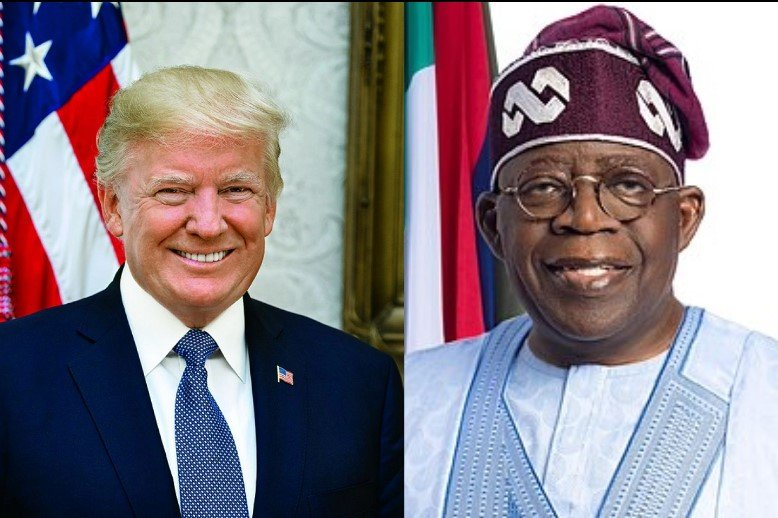News
‘Trillions Squandered On Subsidy Could Be The Planet’s Lifeline’ – World Bank Reveals

-
Trillions of dollars wasted on subsidies for agriculture, fishing, and fossil fuels could have addressed climate change, according to the World Bank.
-
Governments spend $1.25 trillion annually on these sectors, six times more than their Paris Agreement commitment.
-
Repurposing these subsidies can tackle global challenges and create a better future.
EKO HOT BLOG reports that the World Bank said trillions of dollars wasted on subsidies for agriculture, fishing and fossil fuels could have been used to address climate change, which harms people and the planet.
A new report, “Detox Development: Repurposing Environmentally Harmful Subsidies”, noted that spendings on the three sectors by governments reached $1.25trillion a year.
EDITOR’S PICKS
-
Shehu Sani Slams Wike’s Appointment Obsession, Questions APC’s Focus
-
Arewa Women, APC Governors Back Tajudeen Abbas As House Speaker
-
Apple Unveils Revolutionary Mixed Reality Headset, Challenges Meta’s Dominance
To subsidize fuel consumption, countries spend about six times what they pledged to mobilize annually under the Paris Agreement for renewable energies and low-carbon development.
World Bank Senior Managing Director, Axel van Trotsenburg said though people think there isn’t money for climate change, there is but just “in the wrong places”.
“If we could repurpose the trillions of dollars being spent on wasteful subsidies and put these to better, greener uses, we could together address many of the planet’s most pressing challenges,” Trotsenburg added.
Government subsidies of $577billion in 2021 to lower the price of polluting fuels such as oil, gas, and coal, exacerbate climate change and cause toxic air pollution, inequality, inefficiency and debt burdens, the report notes.
It assesses the impact of implicit subsidies, about $6trillion annually, representing the costs on people and the planet from pollution, greenhouse gas emissions, road congestion, and the destruction of nature.
The World Bank says direct subsidies for agriculture – more than $635 billion a year – are driving the excessive use of fertilizers that degrade soil and water and harm human health.
Furthermore, subsidies for products such as soybeans, palm oil, and beef cause farmers to push into the forest frontier and are responsible for 14 percent of forest loss every year.
The institution is displeased about how the burning of oil, gas, and coal causes 7 million premature deaths a year around the world through the bad air that people must breathe.
The Sustainable Development Practice Group’s Chief Economist, Richard Damania, said with planning, repurposing subsidies can provide more resources to give people a better quality of life and to ensure a better future.
FURTHER READING
-
TUC Roars: Demands N200,000 Monthly Minimum Wage, Lower Petrol Price For Negotiations
-
Tinubu And Other Political Powerhouses Converge Behind A Closed Door Amid Tribunal Case
-
Imo Election: LP Candidate Reveals Running Mate, Delivers Quit Notice To Uzodinma
“Much is already known about best practices for subsidy reform, but implementing these practices is no easy feat due to entrenched interests, challenging political dynamics, and other barriers,” Damania stressed.
Click to watch our video of the week
Advertise or Publish a Story on EkoHot Blog:
Kindly contact us at [email protected]. Breaking stories should be sent to the above email and substantiated with pictorial evidence.
Citizen journalists will receive a token as data incentive.
Call or Whatsapp: 0803 561 7233, 0703 414 5611













